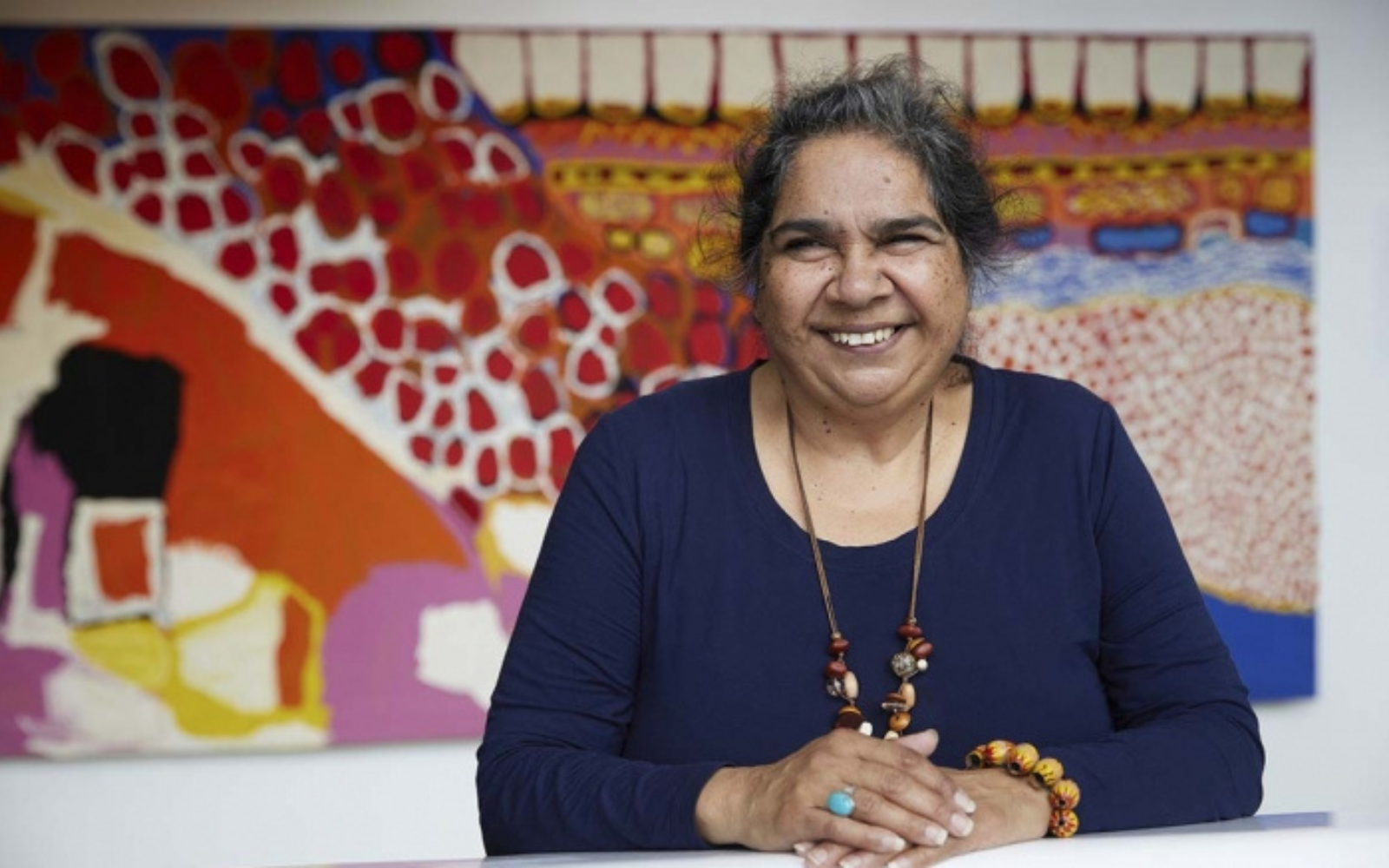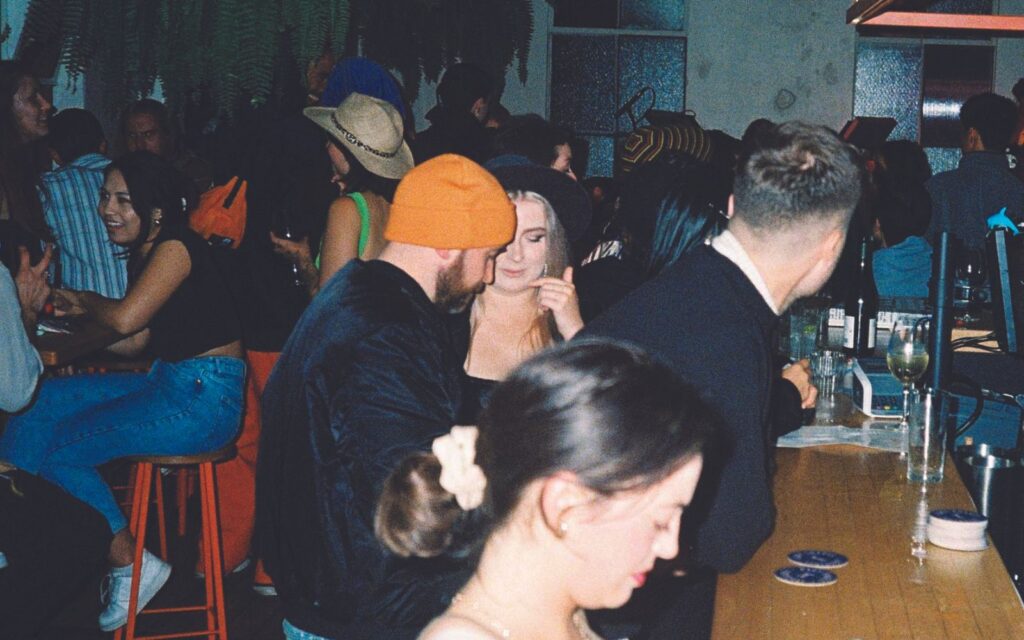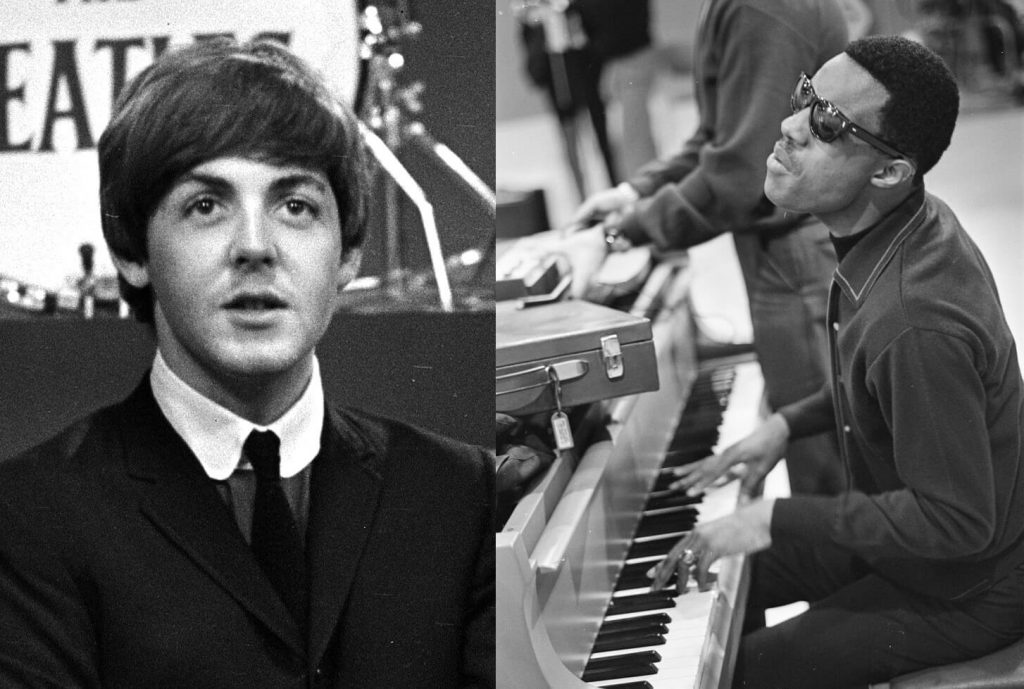The award-winning 2023 Merlyn Myer Music Commission comes to life with its debut performance on October 18.
The trajectory of Brenda Gifford’s music career is diverse and explorative. Never afraid to tackle projects that may seem outside of her wheelhouse, she has moved from being in the Triple J Hottest 100 with her group Mixed Relations, to archiving the Indigenous Collection in the National Film and Sound Archive of Australia.
Now, she is composing her own work supported by the 2023 Merlyn Myer Music Commission, an initiative established to support female composers in Australia.
This piece, titled Wadhu/Skin, is influenced by Gifford’s Yuin culture and told via her jazz-influenced approach to composing, with help from her frequent collaborators, Ensemble Offspring. The work will be performed live for the first time as part of Melbourne Recital Centre’s October program, and we spoke to Gifford to learn more about the piece and what audiences can expect to experience.
Keep up with the latest music news, features, festivals, interviews and reviews here.
“I came up with the idea of Wadhu, which means skin in the language of my Mob, looking at relationships and family, plus the idea of skin as a clan, the nation that we live in, and having a safe journey through it,” explains Gifford.
“The idea of skin for Aboriginal people can mean both physical skin, but also spiritual, so we wanted to look at both.”
Gifford tells us that a live performance was always in mind when creating this composition, even though the outcome could be far removed from the idea’s origins. “I’m kind of big on the expert musicians taking everything to a completely different place through their interpretations. Coming from a jazz background, I really like the idea of freedom even within the structure of contemporary classical music.”
Even as the various rehearsals have progressed for the October performance, Wadhu/Skin has changed dramatically, with one section being removed as Gifford felt it no longer fit the flow of the performance. If you are familiar with the work, you can expect something vastly different when it comes alive in Primrose Potter Salon.
Wadhu/Skin explores the depths of cultural heritage, something Gifford explains as a journey through the layers of family, culture and connection. “For Aboriginal people, there’s the physical skin that we all live in, but when we pass, it becomes spiritual. There are layers of knowledge. We have open and closed, men’s and women’s ceremonies that are sacred, secret and restricted, and we apply those categories to the series of this work.”
For Gifford, collaboration has been a big part of her career, which she quite enjoys. For this performance, she reunites with Ensemble Offspring after working with the group as their inaugural First Nations Composer in Residence. “They are killer musicians individually, but because they have been working together for so long, they know how to read each other very well.”
Gifford has just finished a Master of Music Composition from the University of Sydney and was approached by Ensemble Offspring collaborator Chris Sainsbury to work on an album for ABC Classic Kids called Music for the Dreaming, featuring compositions inspired by Dreamtime stories.
From there, more commissions followed, leading to the creation of Wahdu/Skin.
For Gifford, the challenge was a chance to approach classical composition through her unique lens, “Western notation is a beautiful box with amazing art and music that has come from it, but where I am coming from, it’s a circle, and what I am doing is from my culture. I’m not trying to reinvent the wheel in contemporary classical; I’m just coming at it from a different angle.”
After the one-off Washu/Skin performance in October, Gifford will begin a new project with Western Australian flautist Cat Hope that will again take her in another direction, focusing on graphic score notation.
“It’s a really interesting project because prior to this, I hadn’t really found a graphic notation score that has spoken to me; I’m old-school trained, and this is a different angle that I’m really enjoying; it will be a performance piece that will also include a painting that I have done.”
The world premiere of Wadhu/Skin will take place on Wednesday October 18, in Melbourne Recital Centre’s Primrose Potter Salon. Tickets are available now here.
This article was made in partnership with Melbourne Recital Centre.







